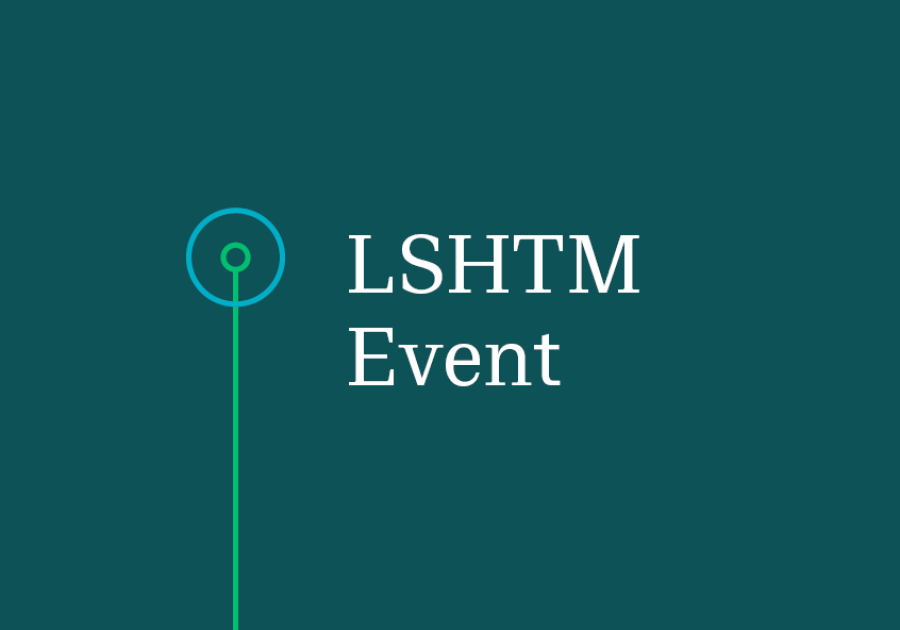Female friendship and the spread of low fertility values
Why most populations are having fewer offspring despite resources increasing is a mystery we are trying to understand.

The demographic transition - how and why most populations are having fewer offspring despite resources increasing - remains a mystery. A shift from vertical transmission (learning from parents) to horizontal transmission (learning from peers) is deemed instrumental in the quick spread of low fertility values, but we lack a mechanistic explanation for how such a shift occurs. Women’s personal advice networks are places where ideas about fertility practices are exchanged, therefore investigating ego friendship networks is key to understanding this change. We expect that the expansion of markets and education into rural areas changes the structure and composition of women’s networks, and the very nature of their interactions, with implications for the transmission of low-fertility values.
Here, using comprehensive demographic and relational data from 22 communities in rural Poland, we investigated how women’s personal networks changed with women’s education and community-level attributes, and how network characteristics affected cultural transmission. We found that networks were changing by consisting of less kin, and that this “non-kinification” was driven by women’s increasing education. We identified two types of relationships, one rooted in the exchange of instrumental support and one rooted in the exchange or practical support, and found that education explained this split. Educated women tended to maintain emotional friendships with unrelated friends, while women with lower education levels tended to maintain practical friendships, mostly with family. Finally, we found that these changes have implications for women’s low-fertility values and, ultimately, their fertility outcomes. These changing networks, therefore, moderate information transmission and help explain the spread of low fertility values.
Speaker
Admission
Contact